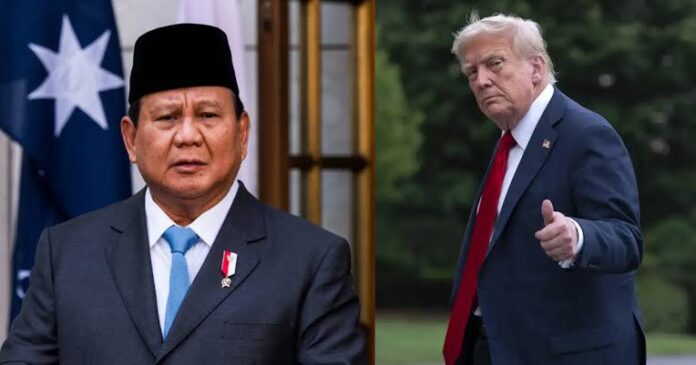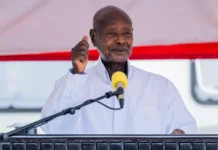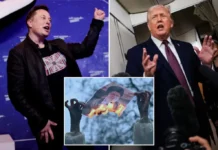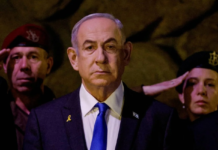The United States and Indonesia have reached a landmark trade agreement that will see U.S. tariffs on Indonesian goods significantly reduced, following direct talks between President Donald Trump and his Indonesian counterpart, President Prabowo Subianto.
Under the deal, tariffs on Indonesian exports to the U.S. will drop from 32% to 19%, pending final ratification.
In return, Indonesia has committed to major U.S. purchases, including 50 Boeing aircraft, $15 billion worth of energy products, and $4.5 billion in agricultural goods.
The agreement, described by Jakarta’s Coordinating Minister for Economic Affairs as the result of an “extraordinary struggle” by Indonesian negotiators, comes amid heightened U.S. trade activity ahead of an August 1 deadline for proposed tariff adjustments. Letters outlining potential new tariffs have been sent to nearly two dozen countries, including Canada, Japan, Brazil, and several EU states.
As part of the agreement, penalty tariffs will remain in place for goods transshipped from China through Indonesia, a safeguard designed to prevent circumvention of broader U.S. trade measures against Chinese exports.
Market reaction in Indonesia was positive, with the Jakarta stock index rising by 0.7% following news of the deal. Analysts say the agreement could boost investor confidence and support domestic monetary easing.
“This could help attract capital inflows and stabilise the rupiah,” said Myrdal Gunarto, economist at Maybank Indonesia.
The deal places Indonesia among a small group of countries—including the UK, Vietnam, and China—that have secured revised trade terms with Washington during Trump’s second term. However, concerns remain over the impact of continued tariffs on China, particularly for Indonesian industries such as footwear and textiles that depend heavily on Chinese supply chains.
A joint statement is expected in the coming days, with President Prabowo set to address the media upon returning to Jakarta. President Trump, meanwhile, has pledged more trade agreements in the weeks ahead, as part of what the White House has called a “results-driven” trade strategy.
Analyst Matt Simpson of City Index commented: “Nineteen percent is better than 32%. U.S. energy and agriculture clearly come out ahead.”
The agreement marks a significant moment in U.S.-Indonesia relations and could set the tone for future economic engagement across Southeast Asia.
Written Ny Ian Maleve



















